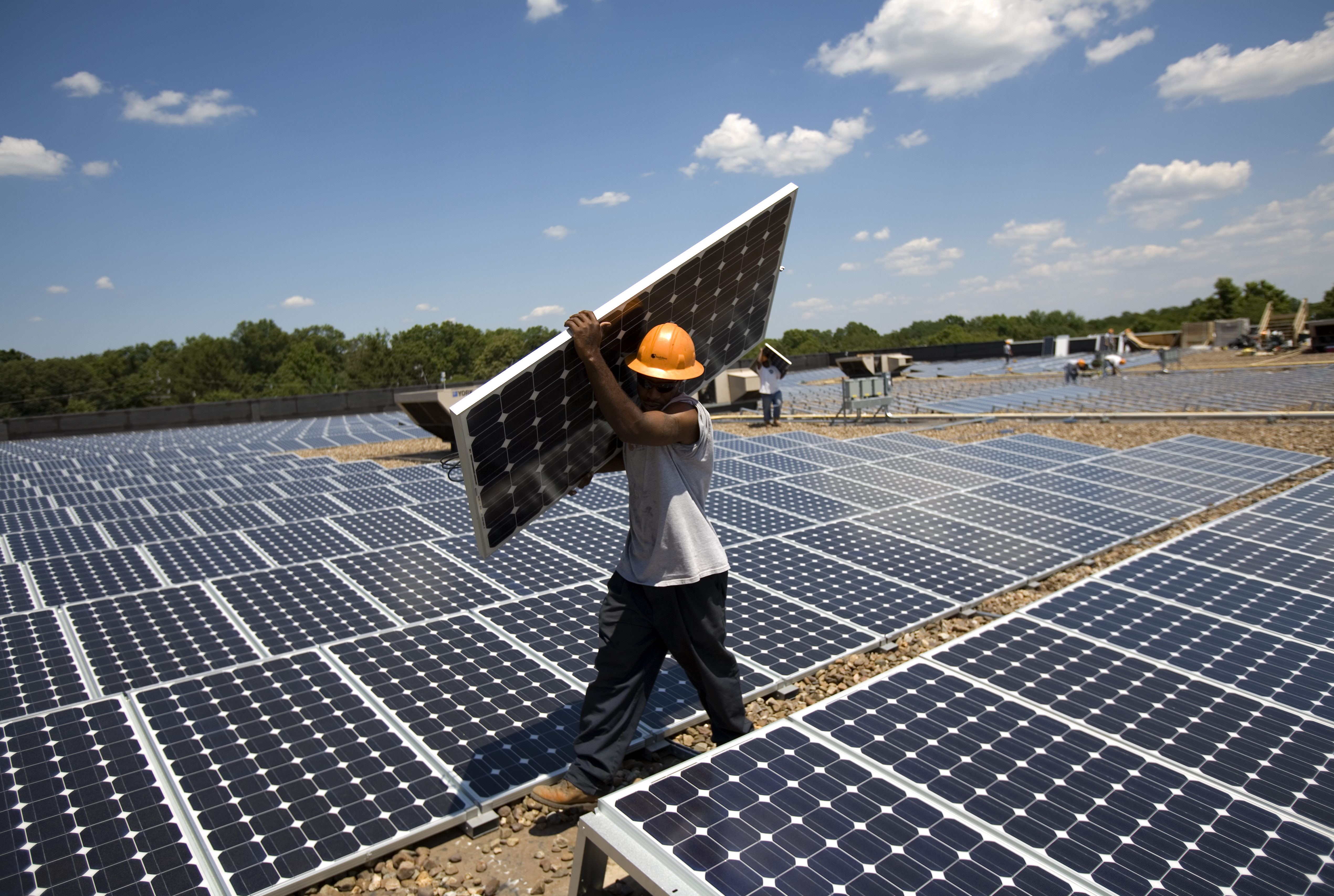Zimbabwe’s Minister of Energy and Power Development, Samuel Undenge, recently announced at the 48th Southern African Power Pool (SAPP) meeting in Bulawayo, Zimbabwe that the region will add 30 000 MW to the region between 2017 and 2022.
Addressing delegates at the meeting, Undenge lamented the slow pace of commissioning of new projects but hoped that the supply deficit would likely be overcome by around 2022. While Undenge pointed out that there are various efforts being put by all SADC member states that will result in the generation of around 30 000MW, it is noteworthy that the minister did not make specific mention of decentralized renewable energy projects that are key to delivering energy to the majority of the region’s citizens as well as mitigating the effects of climate change.
According to media reports, Undenge said though there was notable progress in implementing generation projects, the same could not be said for transmission projects. He said transmission projects were critical to evacuate the power from generation sources to various load centres within the region.
Instead of of focusing on high-cost electricity projects, countries in southern Africa need to focus on small scale projects that have stronger potential to transform the lives and livelihoods of citizens in the region. About 80 per cent of those without access to modern energy in the region live in rural areas far away from the grid. The high cost of energy, vulnerability to price fluctuations and lack of access to modern energy services can trap rural economies in poverty. Throughout the region, the appetite for petroleum, coal and large hydro is high. As a result, renewables are not filling the gap fast enough. Renewable energy policies remain murky stifling investment into the sector.
The International Renewable Energy Agency (IRENA) says that Africa needs to double its rate of expansion of rural electrification and change the way it approaches rural electrification for it to achieve the universal electricity access for all target by 2030. Off grid renewable energy projects can enhance southern Africa’s social development agenda at the community level. Such projects can be in the hands of the poor communities to increase their productivity and help their social development.
Introducing renewable technologies in rural areas can boost agricultural productivity, reduce food losses, thereby improving food security and helping to address malnutrition, and increase resilience to climate variability.
According to Kandeh Yumkella, former UN Special Representative for Sustainable Energy, Africa should focus on small and more decentralised renewable energy options that could quickly reach rural energy-poor citizens instead of waiting until funding is obtained for big renewable energy projects.
“We can have millions of energy entrepreneurs spreading the off-grid solutions while we wait for the big projects to take off. People don’t have to wait in darkness before the big projects come. We can have those solutions out today because the technologies are there. It is about markets and the spreading out of off-grid,” said Yumkella.
The use of renewables can significantly increase access to modern energy services. The SAPP needs to make a long term investment in renewable solutions. Put simply, renewables need to move away from the periphery and be seen, and supported, as integral, indispensible components of the region’s energy sector.
Of course a critical mass of understanding of renewable energy needs to occur at all levels: in civil society, in the private sector, among financial institutions, as well as among the political class.
Governments in the region must give renewables the same policy attention as fossil fuels and large hydro. Increasing access to cost-effective and environmentally sustainable energy services can have a broader development impact through better livelihoods, improved health, gender equality and enhanced education.




